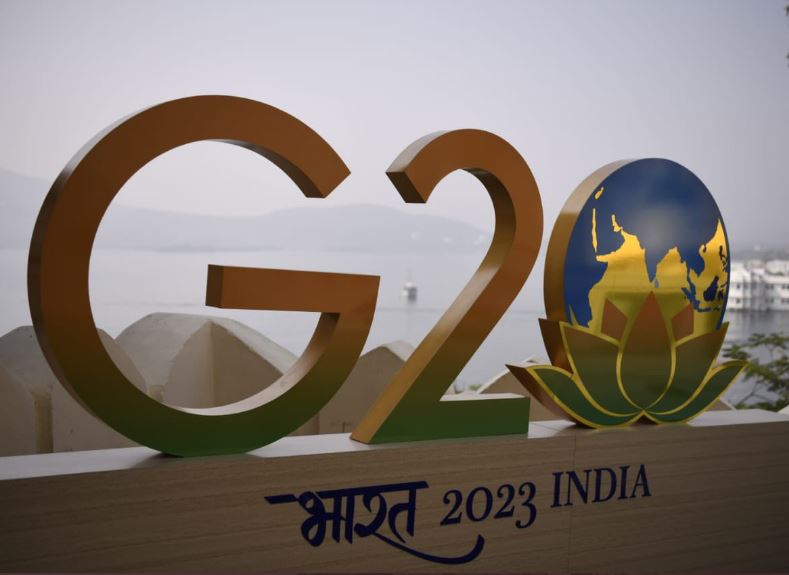New Delhi: India will make a pitch for interlinking of national archives of G-20 countries to make available scientific papers published by researchers free-of-cost when chief scientific advisors of the multilateral platform meet at Ramnagar in Uttarakhand next week.
Principal Scientific Advisor to the Government of India Prof Ajay Kumar Sood will chair the G20- Chief Scientific Advisors’ Roundtable, the first such initiative taken by the grouping, that will also deliberate on better response to future pandemics, tapping into traditional systems of medicine and setting up of a mechanism for continuous global science and technology policy dialogue.
“The idea is to have a national archive which is effective and have interoperability of the archives,” Prof Sood told PTI in an interview.
Sood said author publication charges in peer-reviewed scientific journals have become exorbitant and so has access to published research papers.
“We think there should be a policy so that all the accepted papers can be put on a national archive. Various archives of the G20 countries should be interlinked. That will make the accessibility of science to all the people in the G20 countries,” he said, pointing out that 85 per cent of the scientific knowledge in the world is generated by Group of 20 (G20) member nations.
The chief scientific advisors’ meeting is significant because they directly advise their respective heads of state or government on matters related to science policy.
Besides discussions on open access, the CSAR meeting will also deliberate on the One Health initiative which will deliberate on a comprehensive pandemic preparedness plan for all the countries.
“One Health looks at human health, animal health (livestock) and wildlife altogether in a manner because we know that diseases cut across the boundaries. So it is no longer in silos,” Sood said.
He said the scientific advisors will also deliberate on an integrated surveillance mechanism, the roadmap for vaccines and medicines and linking databases of different countries.
“Then, we should also have the analytics capabilities. Once we have the data, what can we do, can we do disease modelling. This is an area where all the countries can put their might together,” Sood said.
The first meeting of the CSAR will also come out with a draft document which is expected to be finalised at a follow-up meeting of the CSAR scheduled in August in Bengaluru.
The outcome of the chief scientific advisors roundtable may also lead to a separate declaration at the G20 leaders’ summit scheduled for September in Delhi.
PTI
